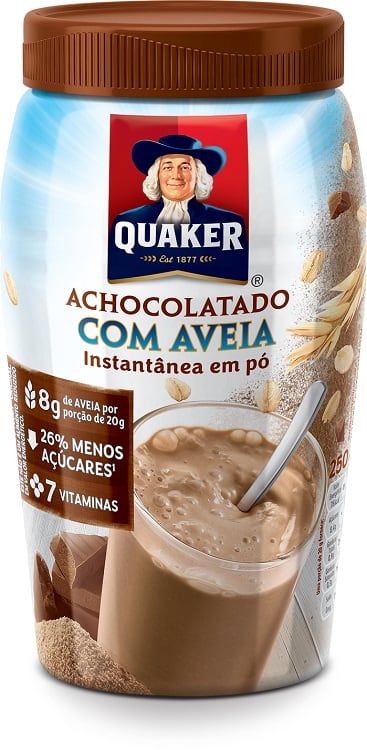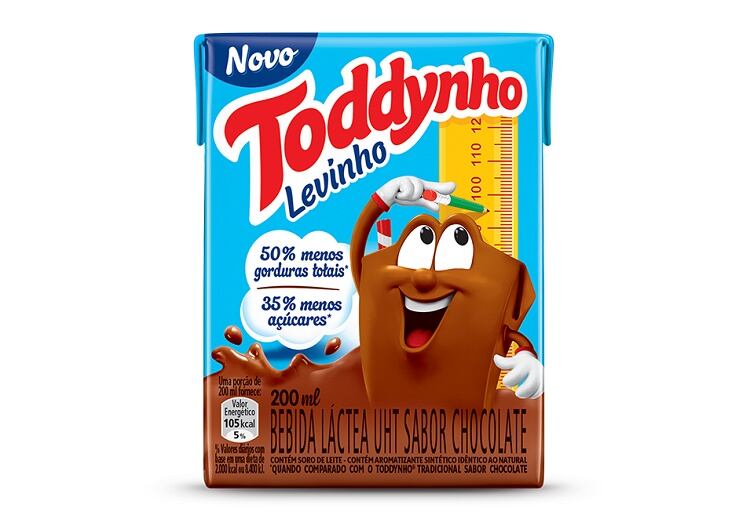As of 2017, the snack and beverage giant has reduced sodium levels across its Latin American portfolio by 55%; saturated fats by 32%; and 58% of its beverage portfolio now contains less than 100 calories from added sugar. PepsiCo's global goal is for three-quarters of products to contain less than 1.1g saturated fat per 100kcal and less than 1.3mg sodium per kcal, and added sugar to make up no more than 100 calories in two-thirds of its beverage porftolio by 2025.
Speaking to FoodNavigator-LATAM, Ricardo Pimenta, vice president of Nutrition PepsiCo Latin America, said reformulation efforts in the region put the company in good stead to achieve global commitments.
“We want to talk about the way we're walking the talk. We've made public commitments with our 'Performance with Purpose' vision and we're very proud of the progress (...) These are achievements that show we're dead-serious about it. We see this as our vision to grow in the future and for years to come,” Pimenta said.
Following the 'high-growth' spaces

Reformulating products and pushing forward with PepsiCo's 'everyday nutrition' brands, including Quaker, Toddynho, Kero Coco and Tropicana, among others, he said, aligned with consumer demands in Latin America.
“There is an increased demand for more nutritious, healthy food options and this is basically where consumers are going; where the high-growth spaces are. Following consumers allows us to grow our presence in Latin America,” he said.
PepsiCo this year, for example, launched a reformulated variant of its chocolate milk – 'Toddynho Levinho' – containing 35% less added sugar, 50% less total fat and no artificial sweeteners. The company initially started reducing added sugars in product in 2016 and added vitamin D and more calcium in 2017.
“We've been very overt about the positive nutrition that we offer in our products. ...It's part of our journey to inform the consumers about less sugars and less fats,” Pimenta said.
In 2017, PepsiCo launched a Quaker chocolate milk with oats 'Achocolatado com aveia Quaker' in Brazil, containing 5g of added sugar per 100ml and 8g of whole grains per serving.
Quaker, Pimenta said, was PepsiCo Latin America's champion nutrition brand that was pretty much present across the LATAM region and contributed a large majority of the revenues pooled under 'everyday nutrition' – a portfolio that generated 27.5% of all revenues for PepsiCo.
A wider context? 'We recognize obesity is a problem'

By 2030, an estimated 50% of males and 60% of females in Latin America will be overweight or obese. Already, 7% of children under the age of five (around four million) are overweight with key experts calling the situation in the region 'a disaster'.
Asked if such reformulation efforts from PepsiCo were increasingly important, given obesity and health concerns across Latin America, Pimenta said: “Right, that's an integral part of the fact we're talking today. We recognize that obesity is a problem and it's a complex problem that has no two causes. PepsiCo recognizes these issues and we believe it needs to be addressed with government, society and industry.”
He said PepsiCo remained“deeply committed” to being part of a collective solution against the health problems of the region.

